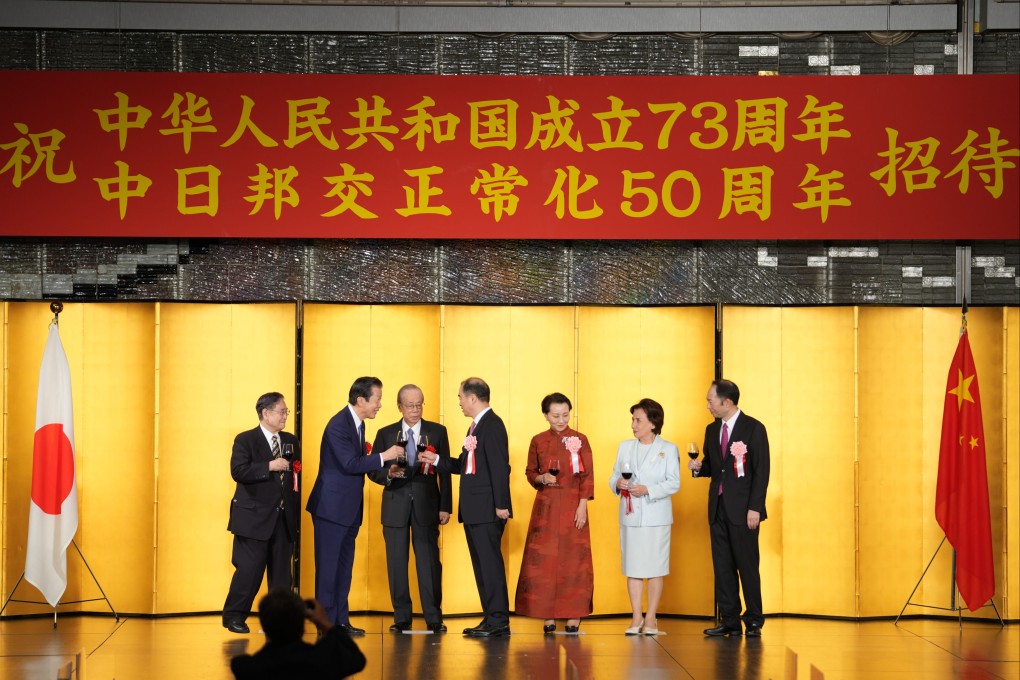Advertisement
The deep divide: Japan and China mark 50 years of ties, but tensions unlikely to ease, analysts say
- Mutual distrust has reached a point where virtually every move is assumed to be in bad faith and to pose some form of threat, observers note
- Recent incidents of Chinese aggression in the Asia-Pacific pushed Japan to forge closer security ties with US, advocate firmer line on Beijing, they add
Reading Time:4 minutes
Why you can trust SCMP
24

Japan and China on Thursday mark the 50th anniversary of the treaty that normalised bilateral relations, although neither side appears to be making much effort to disguise the deep – and deepening – divisions between the two countries.
Half a century after Prime Minister Kakuei Tanaka and Chinese Premier Zhou Enlai signed the landmark agreement in the Great Hall of the People in Beijing, there appears to be few areas on which the two governments can unequivocally agree.
Japanese analysts say they do not expect relations to improve in the near future, even in areas where the nations’ interests would appear to align, such as trade or environmental concerns.
Advertisement
The mutual distrust, they say, has reached a point where virtually every move is assumed to be in bad faith and to pose some form of threat.

“We will see what both sides say on the day of the anniversary, but the reality is that nothing is going to erase the strategic tensions that presently exist between the two nations,” Ryo Hinata-Yamaguchi, a project assistant professor at the Research Center for Advanced Science and Technology at the University of Tokyo, told This Week in Asia.
Advertisement
Advertisement
Select Voice
Choose your listening speed
Get through articles 2x faster
1.25x
250 WPM
Slow
Average
Fast
1.25x